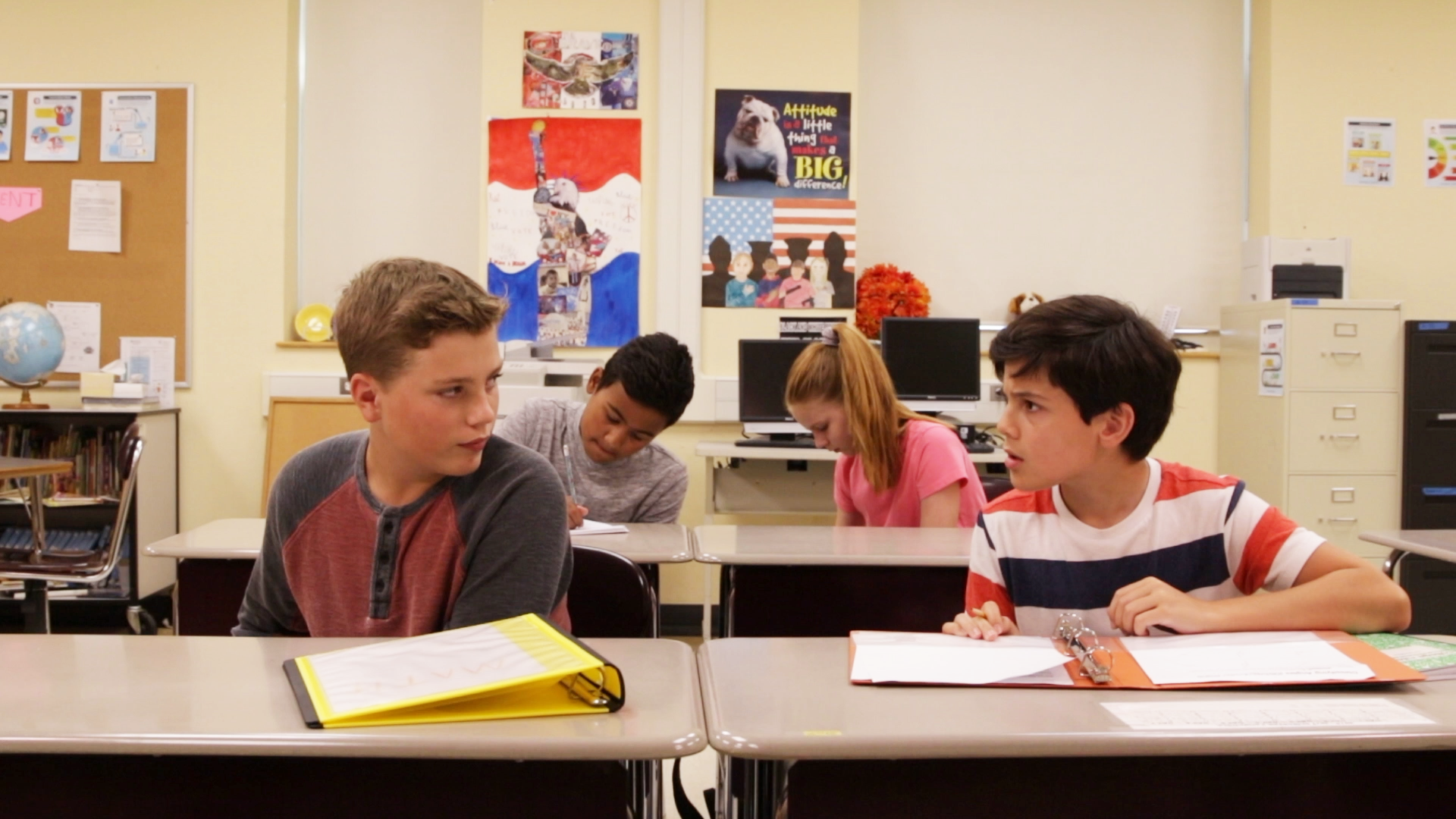Introduction
Conflicts are a normal part of life, and learning how to navigate them is an essential skill for students in Special Education. In this blog post, we will discuss the importance of teaching students to handle conflicts with friends using the Problem Solving Steps. This approach encourages students to identify the problem, decide if they need help, come up with multiple solutions, and evaluate their effectiveness. By mastering these skills, students will be better equipped to maintain healthy relationships and foster their social-emotional growth.
No-Prep Activity: The Conflict Resolution Role-Play
This activity requires no preparation or materials from the educator. Have students pair up and create a fictional scenario where a conflict arises between two friends. Each student will take on the role of one friend and practice using the Problem Solving Steps to resolve the conflict. Encourage students to think about the cause of the conflict, their own and their friend’s actions, and whether they need help from an adult. They should come up with at least two solutions and discuss the potential outcomes of each solution before deciding on the best course of action.
After the role-play, bring the class back together and ask each pair to share their experience. Discuss the different solutions they came up with and the factors that influenced their decision-making process.
Discussion Questions
- How did you feel during the conflict in the role-play scenario? How did your feelings change as you worked through the Problem Solving Steps?
- What challenges did you face when trying to identify the problem and come up with solutions? How did you overcome these challenges?
- How can you apply the Problem Solving Steps in real-life conflicts with friends? Can you think of a situation where you could have used these steps?
- What are some other strategies you can use to resolve conflicts with friends? How do these strategies compare to the Problem Solving Steps?
- Why is it important to consider the feelings of both friends when resolving a conflict? How can empathizing with others help us become better problem solvers?
Related Skills
Conflict resolution and problem-solving are just two of many essential skills for students in Special Education. Other relevant skills that can help students build strong relationships and navigate social situations include:
- Effective communication: Learning to express feelings and thoughts clearly and respectfully can help prevent misunderstandings and promote positive interactions.
- Active listening: Being present and attentive when others are speaking can help students better understand their friends’ perspectives and respond more empathetically.
- Empathy: Understanding and sharing the emotions of others can help students build stronger connections and navigate conflicts with sensitivity and kindness.
- Emotional regulation: Learning to manage strong emotions can help students maintain self-control and make better decisions during conflicts.
- Assertiveness: Teaching students to stand up for their needs and beliefs respectfully and confidently can empower them to resolve conflicts in a healthy and constructive manner.
Next Steps
To further support your students in developing conflict resolution and problem-solving skills, we encourage you to explore the wealth of resources available at Everyday Speech. Sign up for free samples of these skills and others to enhance your students’ social-emotional learning journey. By incorporating these resources into your curriculum, you can help your students build a strong foundation for navigating conflicts and fostering healthy relationships.






